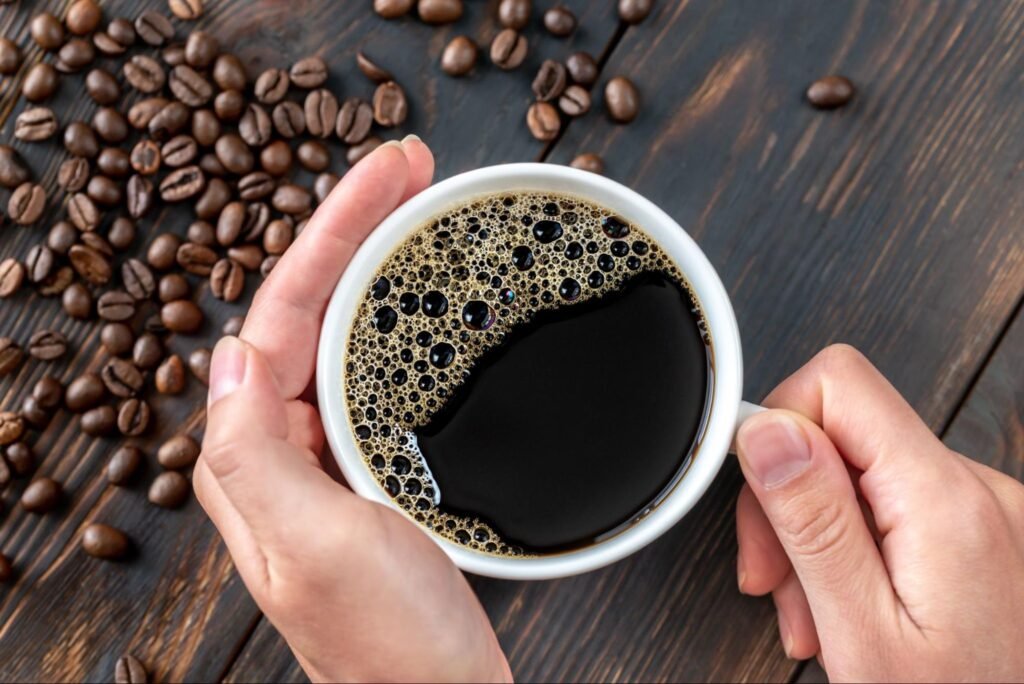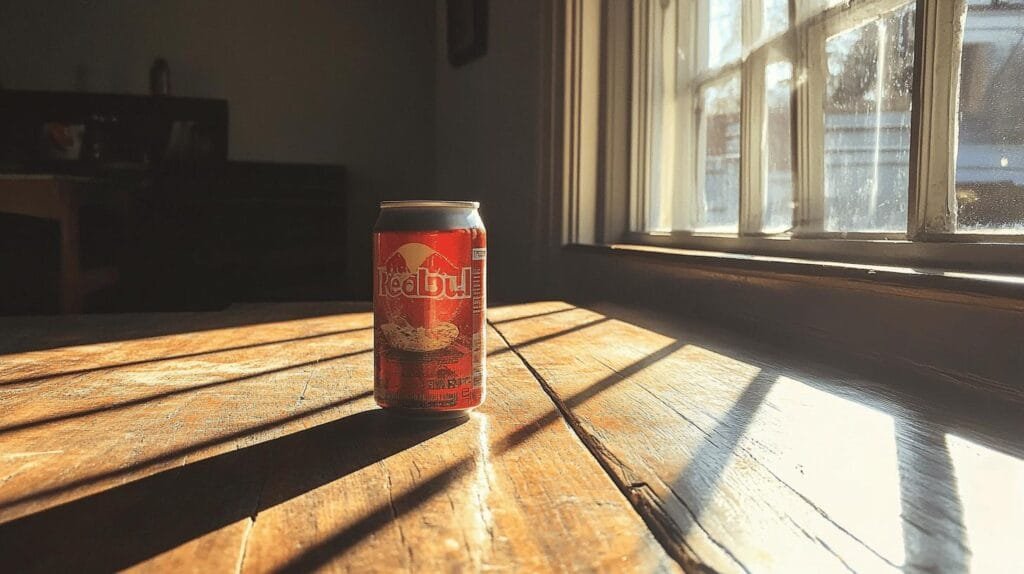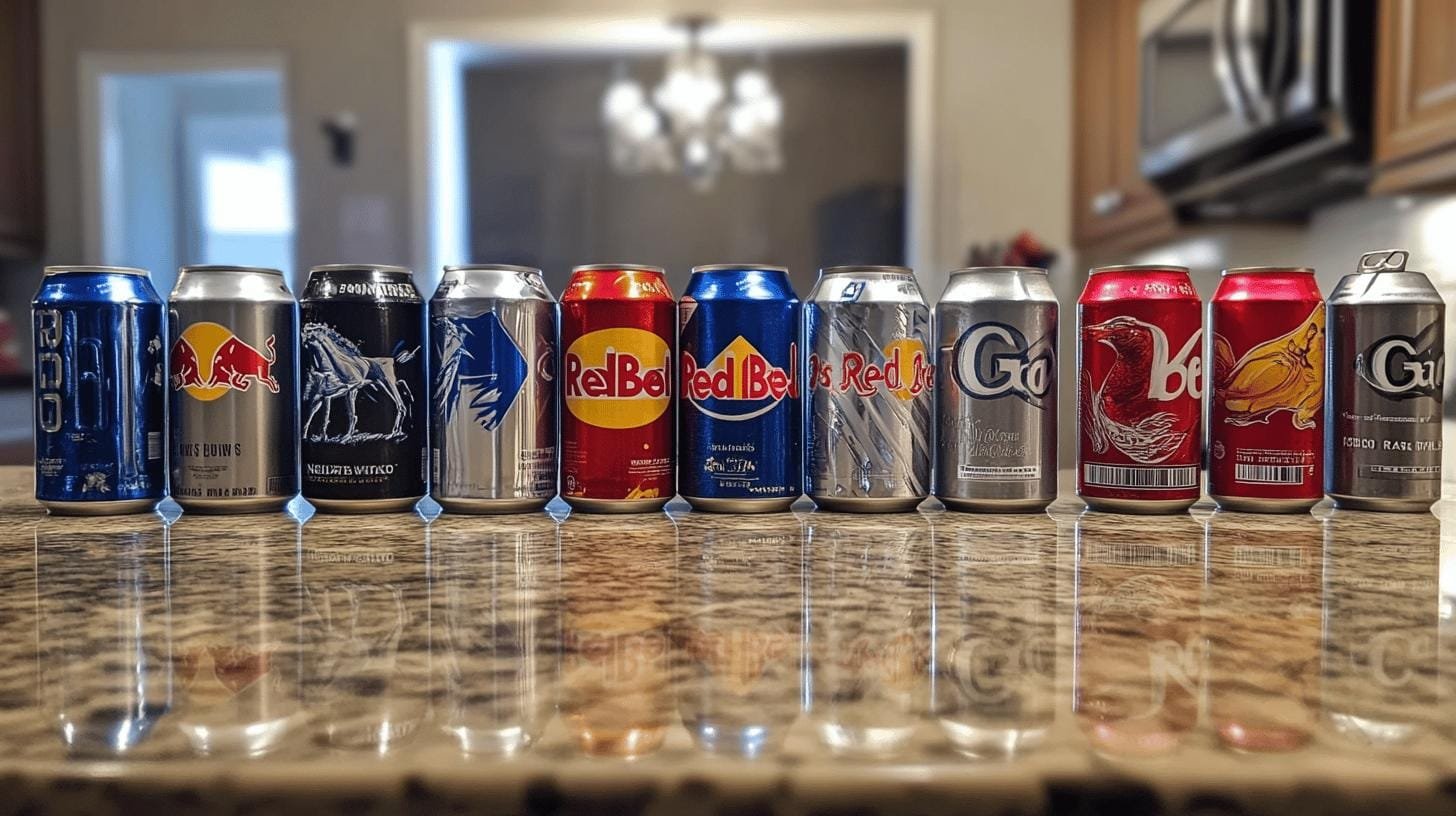
Emerging Approaches Redefining Craft-Focused Customer Experiences
Craft-focused small businesses have always relied on care, precision, and sourcing to stand out. What’s changing now is how those values are shown, not just

Is the caffeine jolt from a can of Red Bull more than just a pick-me-up or a cause for concern? With caffeine content resembling that of a regular cup of coffee, Red Bull has become a staple for those in need of a quick energy boost. Yet, how much caffeine does each Red Bull really contain, and how does it compare to other beverages? This blog post will break down the amount of caffeine in Red Bull and explore the surprising facts about its effects and comparisons. Understanding these factors is essential for making informed decisions about our caffeine intake.
Red Bull’s caffeine content changes based on can size. A typical 250 ml can contains about 80 mg of caffeine, similar to an average cup of coffee. If you’re going for a larger option, the 12 oz (355 ml) can has roughly 114 mg, while the 16 oz (473 ml) can delivers around 160 mg. These choices allow drinkers to select the caffeine level that fits their needs best.
Caffeine in Red Bull lasts between 5 to 6 hours after consumption, with peak effects in the first hour. This quick energy boost makes it a go-to for a fast pick-me-up. Knowing these effects helps individuals manage their caffeine intake thoughtfully throughout the day.

How does Red Bull compare to coffee? A standard 8 oz (240 ml) cup of coffee usually has about 95 mg of caffeine, but it can range from 70 mg to 140 mg, depending on the bean and brew method. A standard 250 ml can of Red Bull contains 80 mg, and larger sizes offer 114 mg and 160 mg respectively, making Red Bull a convenient alternative to coffee without the need for brewing.
Red Bull is a moderate caffeine option compared to other drinks. It provides a controlled intake next to stronger drinks like Bang Energy, which has 300 mg. Monster Energy, with 160 mg in a 500 ml can, is similar to Red Bull’s larger servings. These comparisons show Red Bull as a balanced choice, matching caffeine needs for those who find coffee or high-caffeine drinks either too much or too little.
What are the risks of consuming Red Bull caffeine? It can raise blood pressure and pose cardiovascular challenges, especially for sensitive individuals. While caffeine boosts alertness, it can aggravate issues like anxiety or nervousness. For some, the energy lift may not outweigh these risks.
Red Bull’s sugar content can also affect health. With 27 grams of sugar per 8.4 oz can, it surpasses the recommended daily intake for women, linking to weight gain and higher diabetes risk. Drinking Red Bull in large amounts can harm metabolic health. Balancing caffeine and sugar is key for overall wellness.

How does Red Bull vary in caffeine content? Across different types like sugar-free or flavored, the amount of caffeine in red bull stay the same. This means consumers get a consistent boost each time, no matter their choice.
Sugar-Free Red Bull has the same caffeine, even if it’s less liked for its taste. Flavors like Lime and Acai Berry provide variety without losing caffeine, appealing to those wanting different tastes.
What’s the safe daily caffeine intake for adults? Up to 400 mg per day is considered safe. Limiting Red Bull to two cans helps avoid health risks. As a 16 oz can has about 160 mg, two cans approach the daily limit. Going beyond can lead to side effects like a fast heartbeat and anxiety, so following guidelines is critical.
Effects last 5 to 6 hours, peaking in the first hour. Timing Red Bull, especially for sensitive individuals, prevents disruptions to sleep or daily activities. Knowing the duration helps in planning consumption to avoid interruptions, ensuring conscious choices about when and how much to drink.
Understanding the amount of caffeine in Red Bull helps consumers make informed choices about their energy drink consumption. Red Bull offers varying caffeine levels, comparable to coffee and other energy drinks, providing insight into its place in the beverage market.
Health implications underscore the importance of moderation; concerns about blood pressure and sugar intake are noteworthy. Consistent caffeine content across Red Bull options allows for easier consumption control.
By adhering to recommended guidelines, individuals can safely enjoy the energy boost Red Bull provides while managing their overall caffeine intake.
A standard 250 ml Red Bull can contains 80 mg of caffeine. A 330 ml can has approximately 105 mg, a 355 ml (12 oz) can contains 114 mg, a 473 ml (16 oz) can has 160 mg, and a 500 ml can contains about 160 mg as well.
Compared to coffee, which ranges from 70 mg to 140 mg of caffeine per 240 ml (8 oz) cup, Red Bull offers a consistent caffeine boost with 80 mg in a 250 ml can, making it slightly less caffeinated than many coffee servings.
With 80 mg of caffeine in a 250 ml can, Red Bull is moderate compared to other energy drinks but less than some coffee brews. It’s important to monitor cumulative caffeine from all sources.
Red Bull contains 80-160 mg depending on can size. Monster Energy contains 160 mg per 500 ml, while a Bang Energy drink contains significantly more at 300 mg per can.
Yes, Sugar-Free Red Bull varieties like Lime and Acai Berry maintain the same caffeine levels as regular versions (160 mg per 16 oz can), offering an option without added sugars.

Craft-focused small businesses have always relied on care, precision, and sourcing to stand out. What’s changing now is how those values are shown, not just

How can brands create a more balanced and memorable customer experience by blending artisanal product quality with thoughtful everyday rituals that keep people coming back?

Independent coffee shops have always been about more than caffeine—they’re hubs of creativity, connection, and care. As café culture continues to evolve, new trends are

Introduction Independent cafes win when they feel like the neighborhood’s living room and operate with the discipline of a great kitchen. Below is a quick

Discover how top specialty coffee brands create lasting loyalty through storytelling, sourcing, and community connection. Real tips from 6 industry experts.

Discover the ultimate showdown between two beloved coffee brewing methods: the French press and Chemex. Explore how each technique caters to distinct palates, with the French press delivering bold flavors and the Chemex presenting a bright, clean taste.

Unlock the secrets to brewing the perfect cup of coffee with our comprehensive guide on using a coffee scale. Discover how precise measurements enhance flavor and consistency while eliminating bitterness.

Discover how water temperature plays a vital role in brewing the perfect cup of coffee. This article delves into the ideal temperature range of 195°F to 205°F for optimal flavor extraction, enhancing the enjoyment of high-quality beans.

Discover the world of curated specialty coffee bundles, perfect for enthusiasts seeking quality and craftsmanship. This article explores the benefits of ethically sourced, small-batch beans from brands like Equipoise Coffee, offering diverse flavor profiles that elevate your brewing experience.